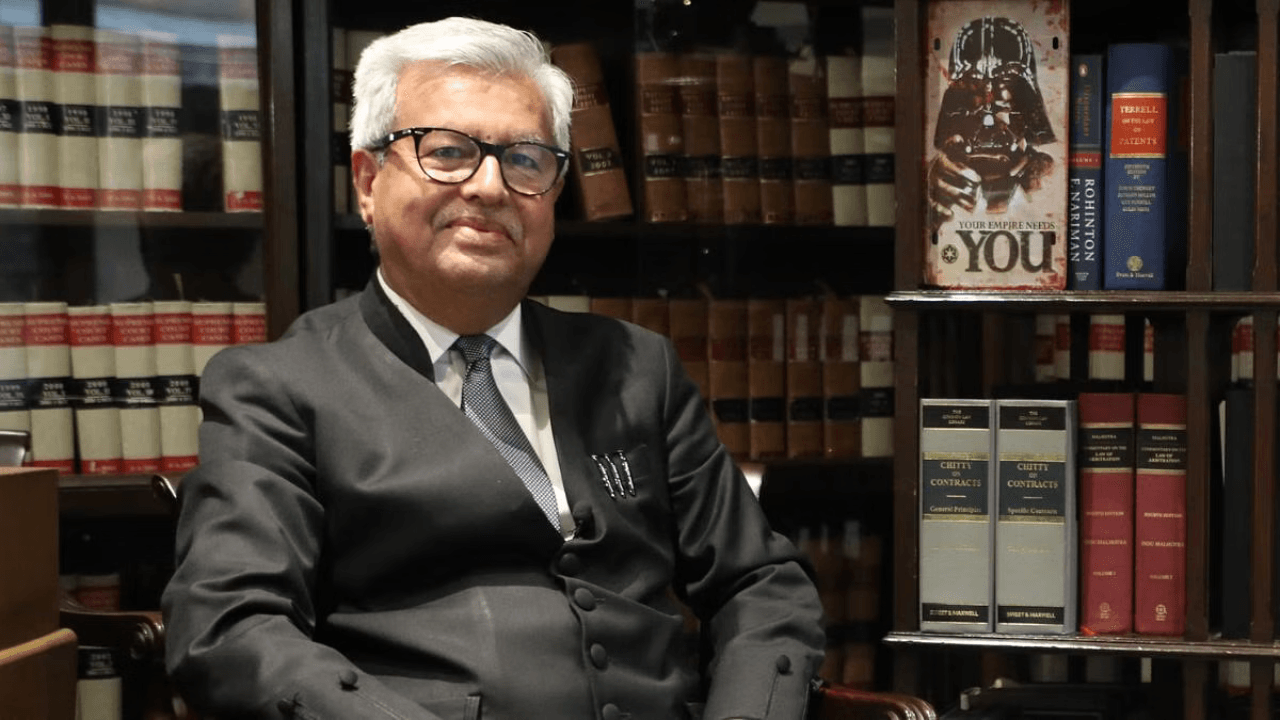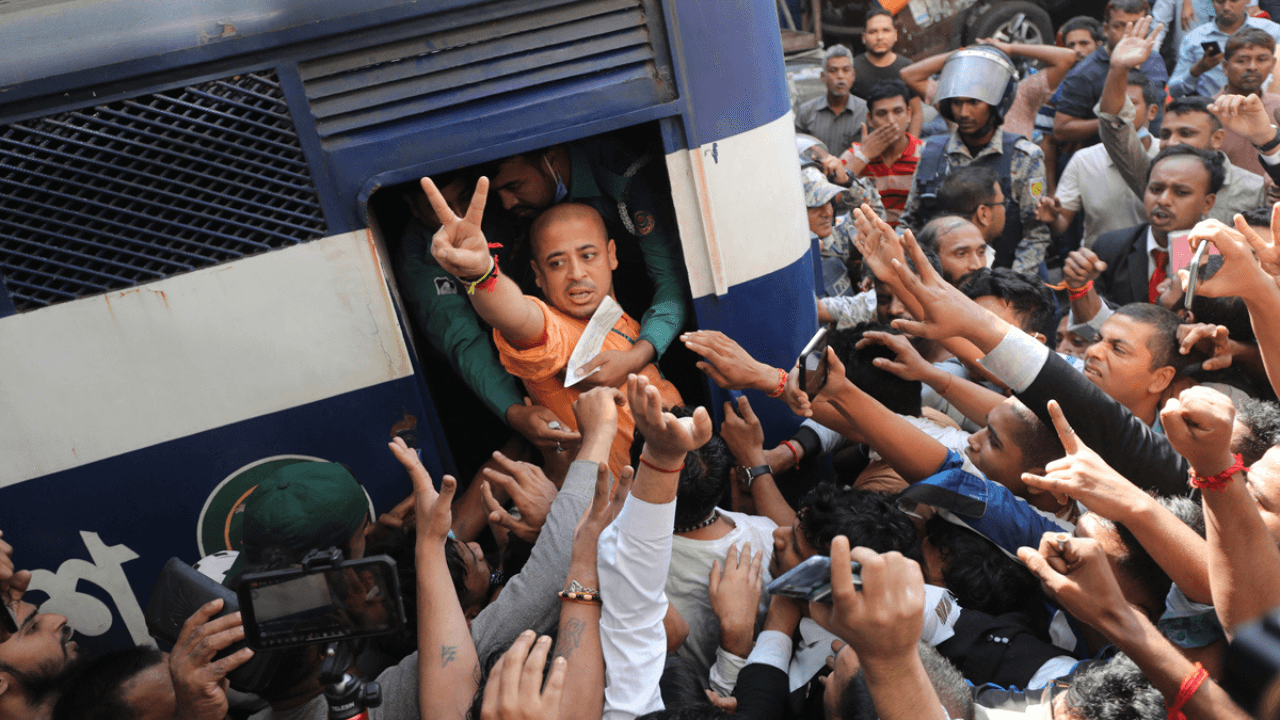In a recent development, the National Commission for Protection of Child Rights (NCPCR) has asked the Food Safety and Standards Authority of India (FSSAI) to conduct a thorough review of the sugar content in Nestle’s baby food products. The move comes amid concerns raised by a report from Public Eye, a Swiss investigative organization, and the International Baby Food Action Network (IBFAN), which alleged that Nestle added sugar and honey to its infant milk and cereal products sold in countries like India.
Key points from the news:
- FSSAI, the apex regulatory body for the food business, is examining the claim that Nestle added sugar to infant milk products in India.
- The NCPCR has issued a notice to FSSAI, requesting a comprehensive review of the sugar content in baby food products manufactured and marketed by Nestle and other companies.
- NCPCR has also asked FSSAI to check whether the products are certified by the regulator and whether they adhere to protocols.
- The NCPCR emphasized the importance of ensuring that baby foods meet strict standards for nutritional quality and safety, given the vulnerability of this population group and their unique nutritional needs.
- Nestle India has responded, stating that reduction of added sugars is a priority for the company and that they have already reduced added sugars by up to 30%, depending on the variant, over the past five years.
- Nestle India also confirmed that their products are in full and strict compliance with Codex standards and local specifications pertaining to the requirements of all nutrients, including added sugars.
The NCPCR has directed FSSAI to submit a report within one week. The child rights body has urged FSSAI and the Central Consumer Protection Authority to take action against companies that fail to meet guidelines on food safety or advertising.












